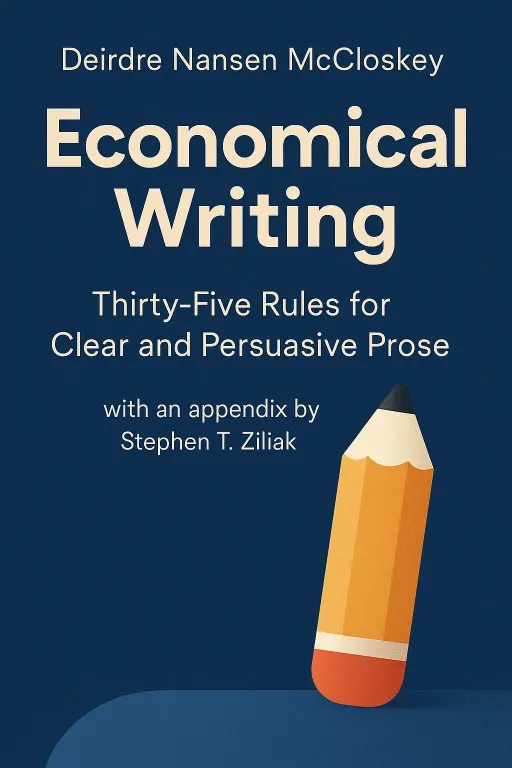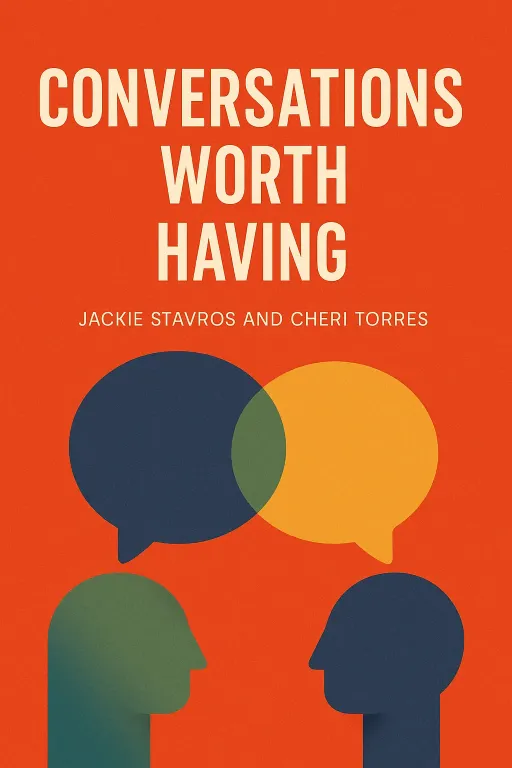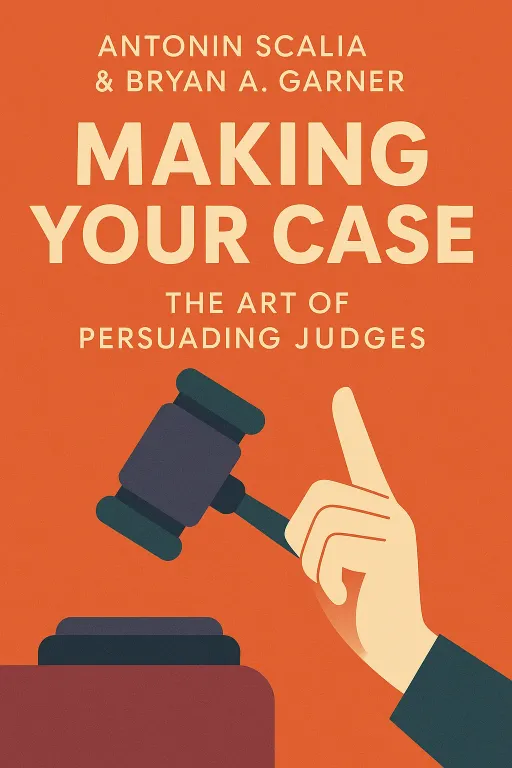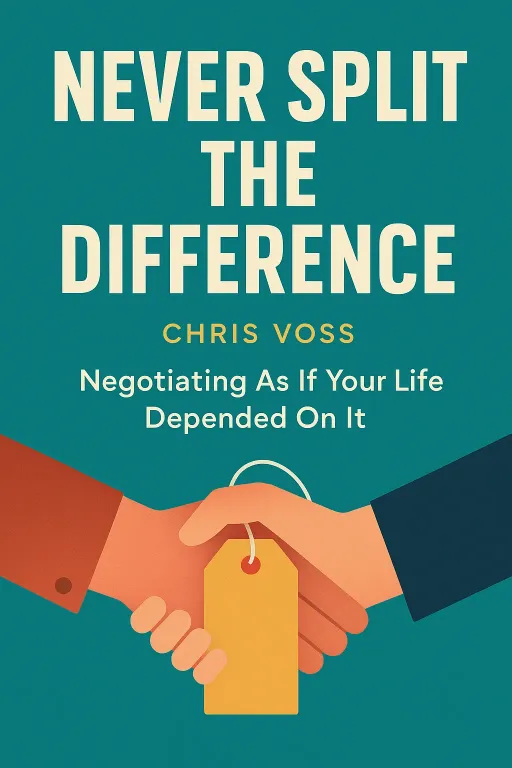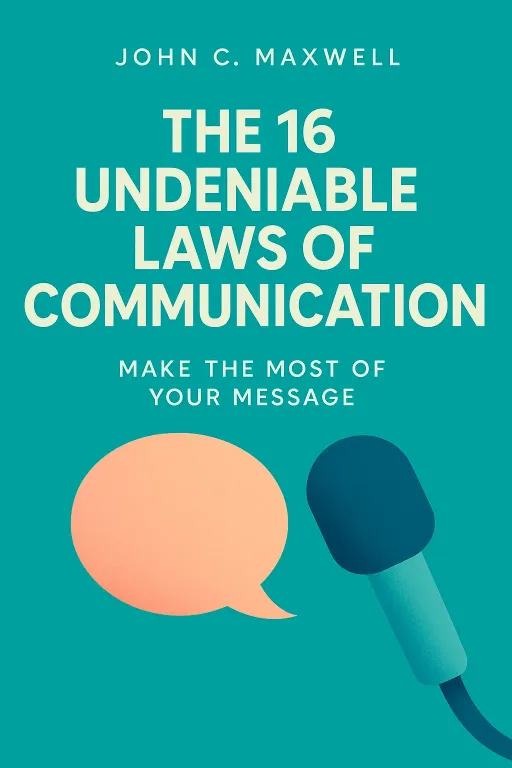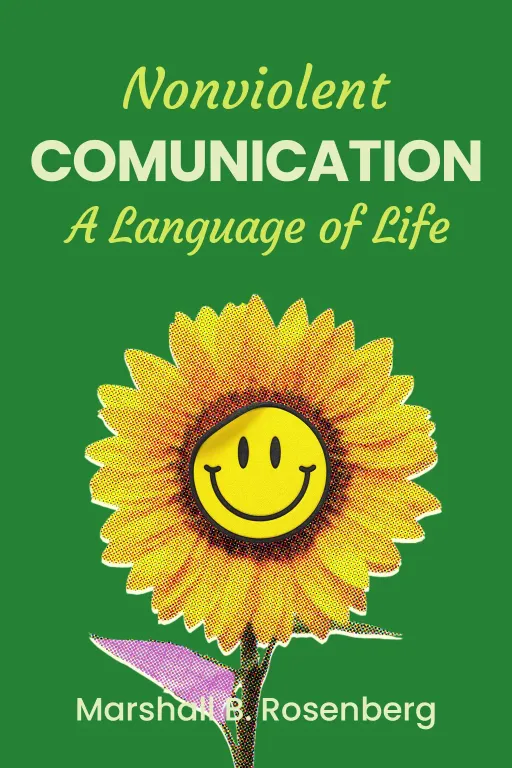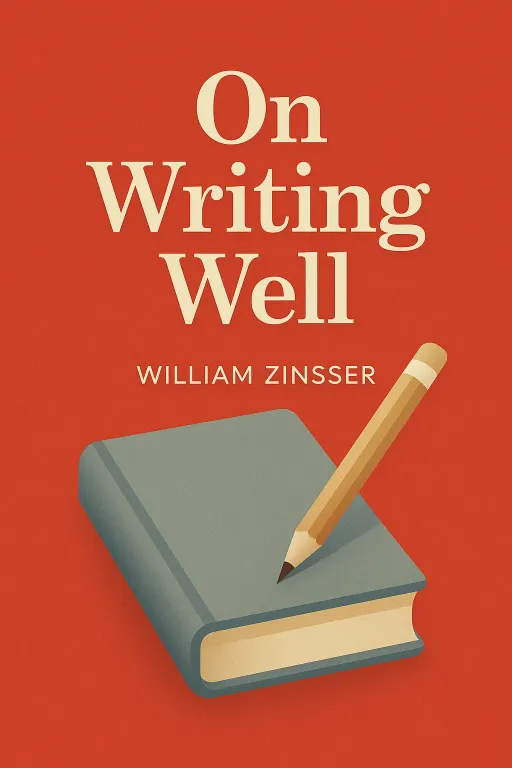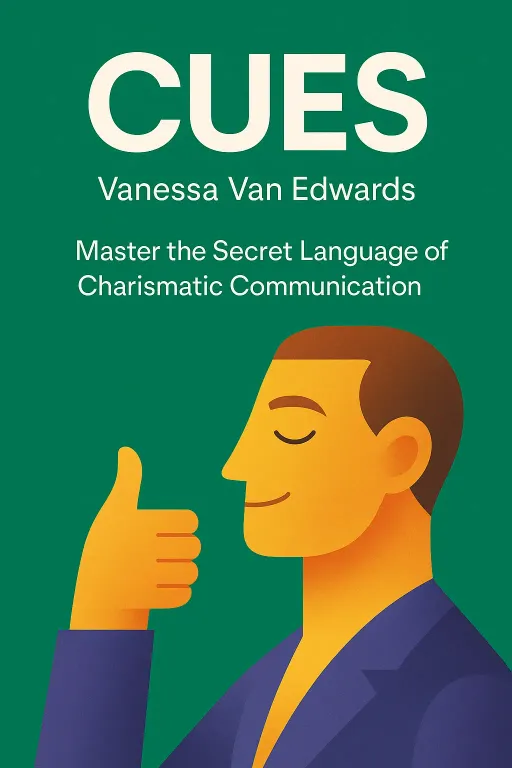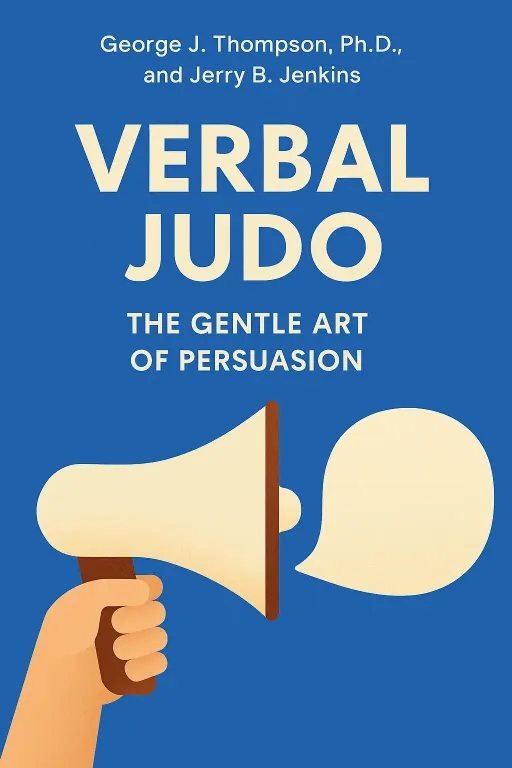
Verbal Judo
10 minThe Gentle Art of Persuasion
Introduction
Narrator: A young man, fresh from earning his Ph.D. in English, decides to become a police officer. He believes his academic mastery of language gives him an edge. On his first solo night shift, he pulls over a speeding car and finds marijuana in plain sight. He confidently orders the driver out of the vehicle. The driver curses and refuses. The officer, a supposed communication expert, repeats his command, only to be met with more defiance. Flustered and out of options, he resorts to physical force, dragging the man from the car. The next morning, his police chief reprimands him not for the arrest, but for his failure to communicate. This humbling experience revealed a critical truth: knowing about communication and being able to use it under pressure are two entirely different things.
This failure became the seed for a revolutionary approach to communication detailed in the book Verbal Judo: The Gentle Art of Persuasion. Its author, that same officer, Dr. George J. Thompson, spent his career decoding the methods of seasoned professionals who could talk anyone into compliance. He discovered that communication isn't a weapon for winning arguments, but a gentle art for defusing conflict and generating cooperation.
The Most Dangerous Weapon is a Cocked Tongue
Key Insight 1
Narrator: The foundational principle of Verbal Judo is that words, spoken impulsively, can inflict more lasting damage than any physical weapon. The natural human tendency in a confrontation is to react, to meet force with force. If someone insults you, the instinct is to insult them back. Thompson argues that this is the path to failure. The true master of communication cultivates a state of mushin, or "the still center," remaining calm and impartial even when under attack.
This isn't about being passive; it's about being tactical. Thompson learned this early in his career when he stopped a pickup truck full of angry, drunken cowboys. The driver unleashed a torrent of abuse. Instead of reacting, Thompson employed what he later called a "strip phrase." He calmly replied, "Well, I 'preciate that, sir, but I need to see your license." The unexpected, dispassionate response completely disarmed the cowboy. He was so taken aback that he laughed and handed over his license. By refusing to get drawn into the fight, Thompson redirected the man's aggression and achieved his professional goal. The core lesson is to never let someone else's words control your actions. You deflect the spear of insult, let it hit the wall, and remain focused on your purpose.
Empathy is the Ultimate Power Tool
Key Insight 2
Narrator: In the world of Verbal Judo, the single most powerful word is empathy. Thompson is careful to distinguish empathy from sympathy. Sympathy is feeling for someone; empathy is understanding things from their perspective, even if you don't agree with it. Empathy absorbs tension. It creates a connection that allows for resolution where commands and arguments would only build walls.
Thompson illustrates this with a harrowing story from his police work. He arrived at a scene where a man was in a bathtub full of water, with a live electric heater tied to his toe, threatening suicide. Other officers were shouting reassurances that fell on deaf ears. The man screamed that no one understood his problems. Thompson realized the man didn't want to be saved; he wanted to be heard. Instead of arguing, Thompson projected empathy. He said, "Let me be sure I understand. You're going to kill yourself, and you're going to do it by electrocution." He then described in gruesome detail how painful that death would be, suggesting there were easier ways. While he spoke, another officer cut the power. The man, convinced by Thompson's graphic "understanding" of his plight, leaped from the tub just in time. Thompson didn't agree with the man's decision, but by seeing the world through his eyes, he was able to absorb the tension and save his life.
Master the Art of Translation and Paraphrasing
Key Insight 3
Narrator: A core street-survival truth Thompson discovered is that people hardly ever say what they mean, especially under stress. An angry person yelling, "Your service is terrible!" might really mean, "I feel ignored and disrespected." Reacting to the words themselves is a trap. The art of translation is hearing the meaning behind the words. The most effective tool for this is paraphrasing.
The technique is simple but profound. It begins with a "Sword of Insertion," a phrase like "Wait a second," followed by the "Ultimate Empathetic Sentence": "Let me be sure I heard what you just said." Then, you put their meaning into your own words and play it back to them. This accomplishes several things at once. It forces you to listen, it makes the other person feel heard, it clarifies the message for everyone, and it gives you control of the conversation. Even if your paraphrase is wrong, it shows you're trying to understand, which de-escalates the situation and encourages the other person to be clearer. It turns a monologue of rage into a dialogue of resolution.
Generate Compliance with the Five-Step Hard Style
Key Insight 4
Narrator: When facing resistance, Verbal Judo offers a structured, five-step model for persuasion that avoids threats and empowers the other person to comply willingly. Thompson developed this after his chief told him to be more "persuasive." He stopped a driver for running stop signs and found an open bottle of whiskey. Instead of issuing commands, he applied this new model.
First is the Ask (Ethical Appeal): "Sir, for my safety and yours, would you please step out of the car?" Second is the Set Context (Reasonable Appeal), where you explain why: "You have an open bottle of liquor, and I need to check it." When the driver refused, Thompson moved to the third step, Present Options (Personal Appeal): "Sir, you can cooperate and we handle this right here, or I can arrest you, and your car gets towed." He painted a vivid picture of the positive choice. Fourth is the Confirm (Practical Appeal): "Is there anything I can say or do to earn your cooperation?" This gives them one last chance to save face. If they still refuse, the final step is to Act. In this case, the driver, having been given a clear choice, laughed and complied. The model works because it respects the individual's dignity and frames compliance as their own decision.
Motivate with Praise, Discipline with Dignity
Key Insight 5
Narrator: The principles of Verbal Judo extend beyond conflict to motivation and discipline. Thompson argues that criticism creates minimal competency, while specific, genuine praise inspires excellence. He learned this not from a management guru, but from a realtor. After a speech, a realtor told him, "I loved how you used simple stories to explain complex points. It made me see what you were talking about." This specific praise was far more powerful than the generic "great speech" comments. It was believable, and it taught Thompson a key strength he could lean into.
The same logic applies to discipline. The goal of punishment should be to educate, not to inflict pain. Thompson tells the story of his six-year-old son breaking an irreplaceable vase after being told not to throw a football in the house. Thompson was furious, but instead of yelling, he calmly sent his son to his room, went to his garage to hit a punching bag, and separated his anger from the act of punishment. By avoiding verbal abuse, he ensured the lesson was about the broken rule, not about his father's anger. This preserves the relationship and makes the discipline remedial, not just punitive.
Conclusion
Narrator: The single most important takeaway from Verbal Judo is that true strength in communication lies in gentleness and redirection. It is the art of subduing the other person without a fight, of achieving your goals while allowing them to keep their dignity. The practice is not about memorizing phrases but about transforming your mindset—seeing every interaction as an opportunity to build bridges rather than walls, and treating every person with a baseline of professional respect, regardless of their behavior.
The greatest challenge of Verbal Judo is that it requires us to fight our most ingrained instincts. It demands we stay calm when we want to shout, show empathy when we feel none, and give away the last word to win the encounter. It asks a profound question that can reshape our personal and professional lives: What conflict could you resolve today if you chose to dance with your opponent, instead of stumbling into a brawl?
